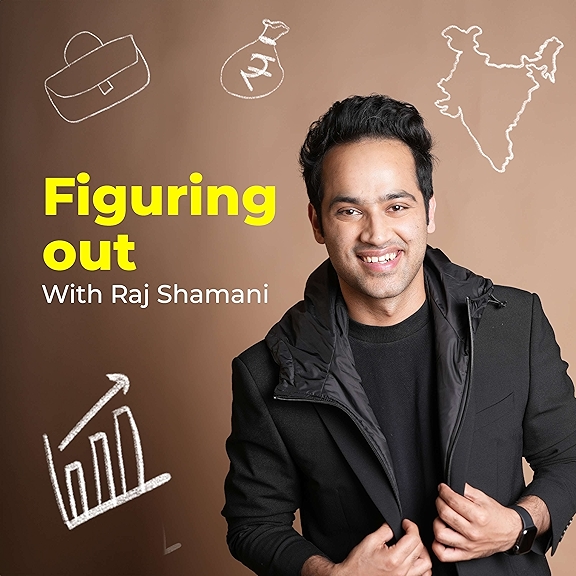
Getting Students (and Adults) to Respect One Another’s Dignity - A Conversation with Tim Shriver (Ep. 36)
Tim Shriver is a member of the Kennedy family, Chairman of Special Olympics International, co-founder of UNITE, and a former teacher. In this wide-ranging conversation with host Ken Futernick, Shriver describes a tool he co-created called the Dignity Index, and he describes how educators are using it to address our widening political and social divides. “We built it because there's an issue in our culture, in our families, in our homes, and in our schools that we haven't paid that much attention to. And the issue is how we treat each other when we disagree.” The Index is a framework that allows students (and politicians and educators) to examine their interactions, with the goal of reducing contempt and promoting a sense of dignity toward others. “Most people think the problem is that we have such [great] differences in our country. Our view is that's not a problem,” Shriver says. “We've always had differences…Difference is not the problem…Contempt is the problem.”
How Educators Are Using the Index
Shriver says students in history classes are using the Index to score speeches from historical figures like Abraham Lincoln, William Jennings Bryan, Harriet Tubman, and Martin Luther King Jr. “Students learn how to dissect the rhetoric in our political history, looking for whether this particular figure used dignity or contempt. And, we have other elementary school teachers who are creating codes of conduct using the Index. A school district in the Salt Lake City School District,” Shriver says, “has created what they call the five and up rule.” When students disagree, teachers help students use language in the upper half of the index (i.e., levels 5-8) - language that views others with dignity rather than contempt.
Shriver says his organization has received requests from school boards asking for help with people who are “fired up and angry” over one issue or another. They want to know how to get them to use dignity language rather than dehumanizing and humiliating people with different perspectives.
Isn’t Contemp Warranted at Times?
Reflecting on an objection some might have to this approach, Ken asks, “Aren’t there some acts and some people who just aren’t dignified themselves, whose acts are awful. How can you hold this belief about a person who commits heinous acts or has really awful political views that hurt people… How can you (or should you) still feel a sense of dignity towards that person or those actions?”
The problem, Shriver says, is that the alternative, contempt, “makes an enemy for your cause.” Whether the target of one’s contempt is a politician or another student, the outcome is always the same. That person’s views and actions are more, not less, likely to persist. What makes matters worse, Shriver says, is that contempt in today’s culture has become “glorified and rewarded, and it’s making all of us less happy and less healthy.”
Schools Play a Vital Role
Shriver concludes with this inspiring reflection on educators' critical role in holding our nation together. “I started my career as a teacher. When I look to the institutions of this nation, and I look to who and where are people who know that everybody deserves a chance, where are the people who know that hope and development are the actual work of community building and nation building? Where are the people who trust that new ideas can emerge? It's schools.”




















